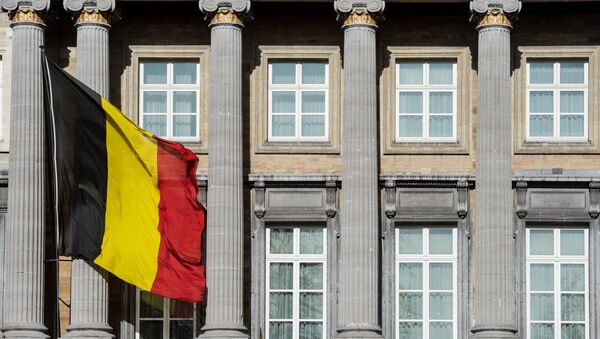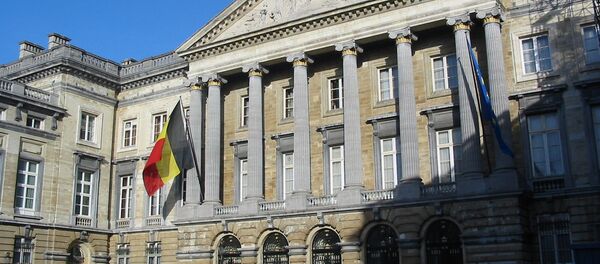Sputnik: The election in Belgium has not received major media coverage. But was there anything to watch out for in the vote?
Lode Vanoost: The Belgian political context is complex as with its three language communities and all the structure that it has on the state, regional and the municipal levels. So, foreign audiences will stick to the general impressions that [they have] gathered. On the Flemish side, the Dutch-speaking part of the country, everything you could say is that on the ideological level it’s more or less a bit of steady growth because the extreme right parties, the National Flemish Alliance and the Flemish Bloc, did have some spectacular losses and some spectacular gains. Overall, when you combine the votes, the extreme right wing has slightly gone up. The biggest loser on the Flemish side of the country is the traditional Social Democratic Party which is now really fighting for its survival. It’s no longer one of the leading traditional parties in the country. The thing is that in Brussels, the capital, and in the
Lode Vanoost: Yes, that’s taking apart the local issues and the local vote. On the whole, in Belgium the traditional parties are losing their grip; the centrist parties of traditional power that ruled the country for more than 100 years now represent less than one third of all the votes. And also the extreme right vote is still quite significant – it’s 30 to 35 per cent with the two parties combined. But it hasn’t grown substantially during these local elections; it was more of a steady growth of votes, which is still problematic. But to say that in the last three or four years there has been a rise of the extreme right wing in Belgium is simply not true.
The views expressed in this article are those of the speaker, and do not necessarily reflect those of Sputnik.






